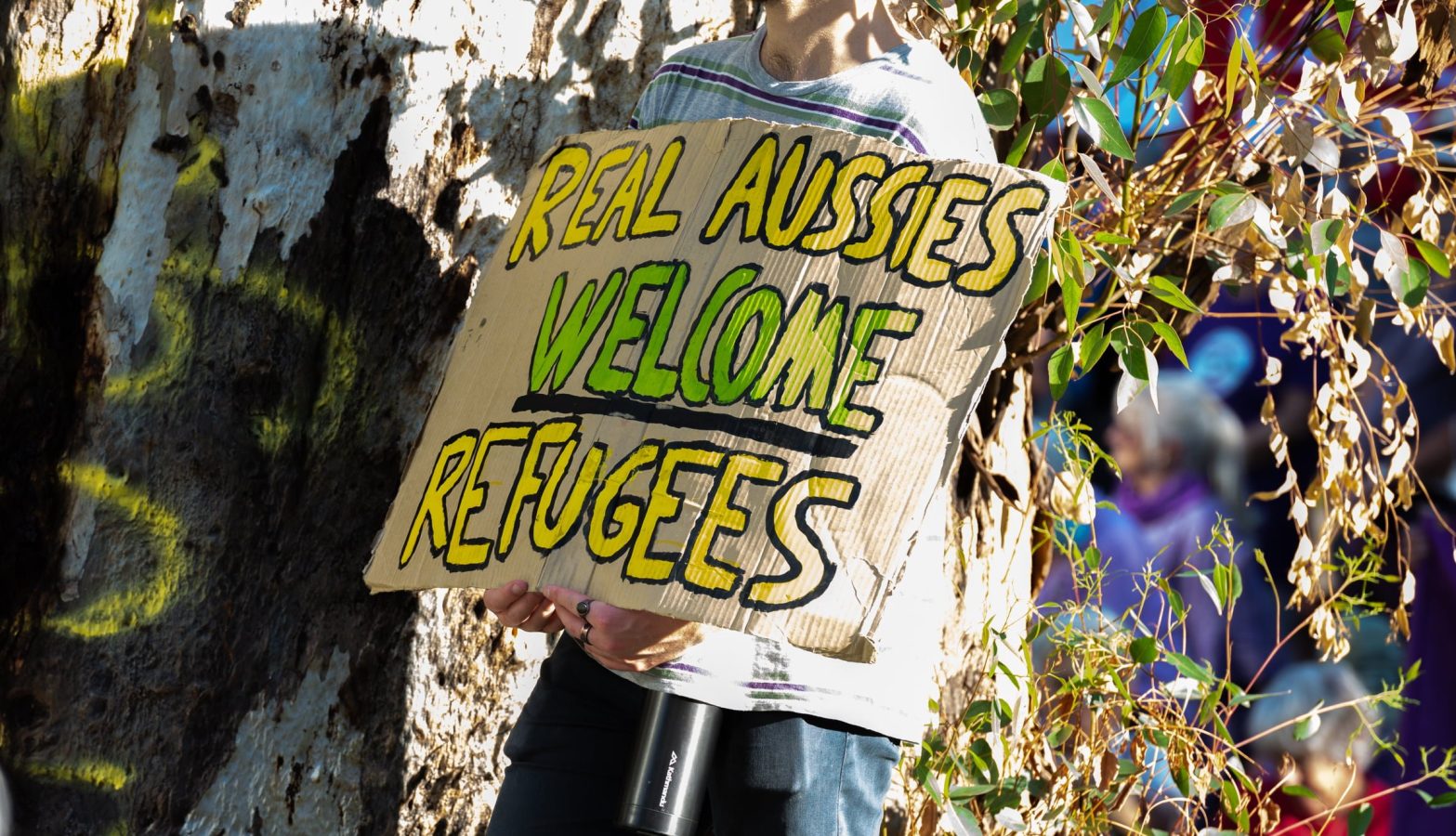Amnesty International Australia has welcomed yesterday’s High Court ruling that indefinite immigration detention is unlawful and unconstitutional. While mandatory detention was first introduced in 1992, this ruling is significant by overturning two decades of constitutional validity in the wake of previous High Court rulings, which allowed successive governments to detain individuals for years without any genuine prospect of removal from the country.
Amnesty International Australia’s Refugee Advisor Dr Graham Thom said:
“The fact that an individual could be held indefinitely at the whim of the government has long been a stain on Australia’s international reputation.
“This week’s High Court ruling undoes the fundamental injustice of indefinite detention created in the wake of the 2004 Al-Kateb v Godwin case. The High Court has finally recognised that there is no constitutional basis for the Australian Government to detain people with no prospect of future removal from Australia. Australia’s indefinite detention regime has been a costly, unjust and problematic framework, and the High Court’s decision is a return to core principles of justice and the rule of law.
“Amnesty has long campaigned against indefinite detention and called for successive Australian governments to uphold our obligations under international law. Detaining individuals including those recognised as refugees for years on end, violating human rights, and using the immigration detention system as a form of administrative punishment has undermined Australia’s international reputation on human rights for too long.
“Amnesty calls on the Australian Government to immediately take the necessary action to give effect to the Court’s ruling.”
In 2022, Amnesty International Australia made a submission to the Joint Standing Committee on Migration’s Inquiry into the Ending Indefinite and Arbitrary Immigration Detention Bill 2021, maintaining that both mandatory and indefinite detention, wherever they occur, are a breach of Australia’s international human rights obligations.
Amnesty International Australia acknowledges the substantial contributions of both the Human Rights Law Centre and UNSW’s Kaldor Centre for International Refugee Law, who appeared as amici curiae in the case, arguing against indefinite immigration detention.









